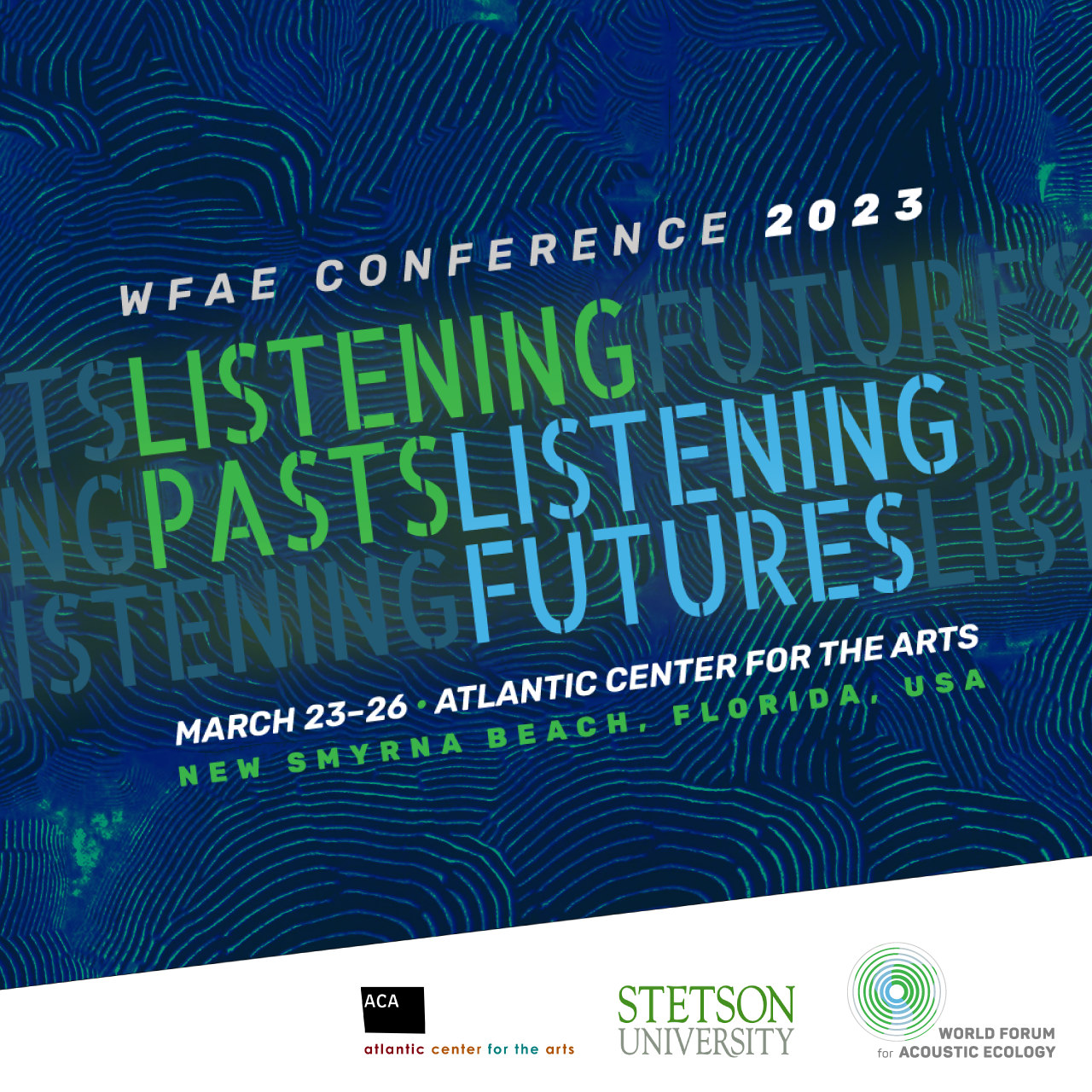About the Journal
Acoustic Ecology Review is an international journal and publication platform for the World Forum for Acoustic Ecology and the international sound studies community.
Acoustic Ecology Review (AER) is the evolution of Soundscape, which has been the leading international journal for acoustic ecology since 2001. Acoustic Ecology Review extends and enhances the work of Soundscape to publish accessible and inclusive research in various digital formats, including audio and video. AER is a place for listening, dialogue, and debate. This international peer-reviewed publishing platform is available to all WFAE members and scholars of the global acoustic ecology community.
Acoustic Ecology Review publishes editions of Soundscape: The Journal for Acoustic Ecology, conference proceedings of WFAE and those of WFAE Affiliate Member conferences, special editions, and independent articles.
The publication is conceived as a forum for communication and discussion about interdisciplinary research and practice in the field of Acoustic Ecology. It focuses on the interrelationships between sound, nature, and society. The journal seeks to balance its content among scholarly writings, research, and an active engagement in current soundscape issues, both in and beyond academia. It serves as a voice for the WFAE’s diverse and global community.
Acoustic Ecology Review is published in partnership with the World Forum for Acoustic Ecology and Simon Fraser University. The development of Acoustic Ecology Review on OJS (Open Journal Systems) was supported by the World Soundscape Project Educational Fund.

